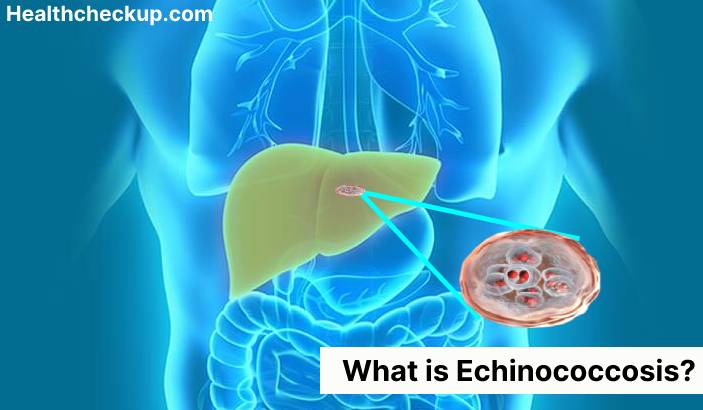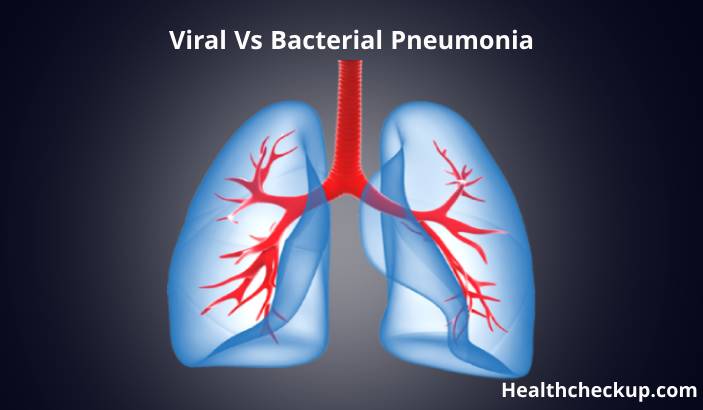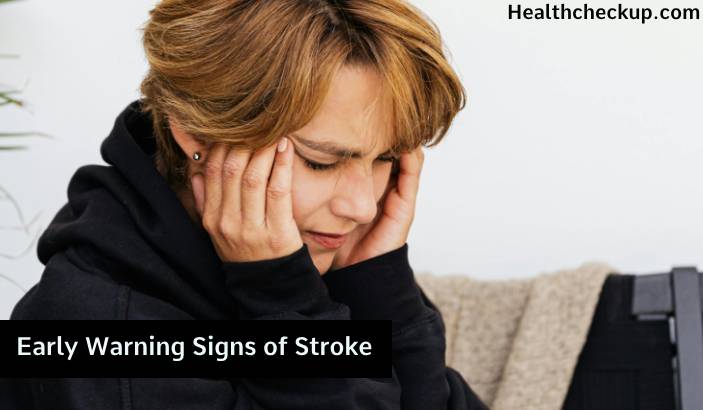Echinococcosis, also known as hydatid disease, is a parasitic infection caused by the larvae of the tapeworm Echinococcus. It is transmitted to humans through contact with infected animals, such as dogs, cats, and livestock, or through ingestion of contaminated food or water. Echinococcosis can affect any organ in the body, but it is most commonly found in the liver and lungs.
Symptoms of echinococcosis
Symptoms of echinococcosis vary depending on the location and severity of the infection, but include:
- Abdominal pain
- Nausea and vomiting
- Fever
- Weight loss
- Cough
- Shortness of breath
- Chest pain
In severe cases, echinococcosis leads to complications, such as organ damage, infection, and anaphylaxis.
Diagnosis of echinococcosis
Echinococcosis is typically diagnosed based on the presence of characteristic symptoms and a history of exposure to infected animals or contaminated food or water. Laboratory testing, such as imaging studies or a blood test, is also used to confirm the diagnosis.
Treatment of echinococcosis
Treatment for echinococcosis include medications to kill the larvae, surgery to remove the cysts, and/or follow-up care to monitor for recurrence. In severe cases, treatment is more complex and involves multiple surgeries or other interventions.
Prevention of echinococcosis
There are several steps that can help to reduce the risk of echinococcosis, including:
- Practicing good hygiene: Washing hands with soap and water, particularly after handling animals or before preparing food, can help to reduce the risk of infection.
- Avoiding contact with infected animals: It is important to avoid contact with animals, such as dogs and cats, that are infected with the Echinococcus tapeworm.
- Cooking food thoroughly: It is important to cook food, particularly meat, thoroughly to kill any parasites that are present.
- Treating infected animals: It is important to treat infected animals to reduce the risk of transmission to humans.
It is also important to follow guidelines from public health authorities and to seek medical attention if you suspect that you have been exposed to the Echinococcus tapeworm. Early diagnosis and treatment helps to prevent complications.









